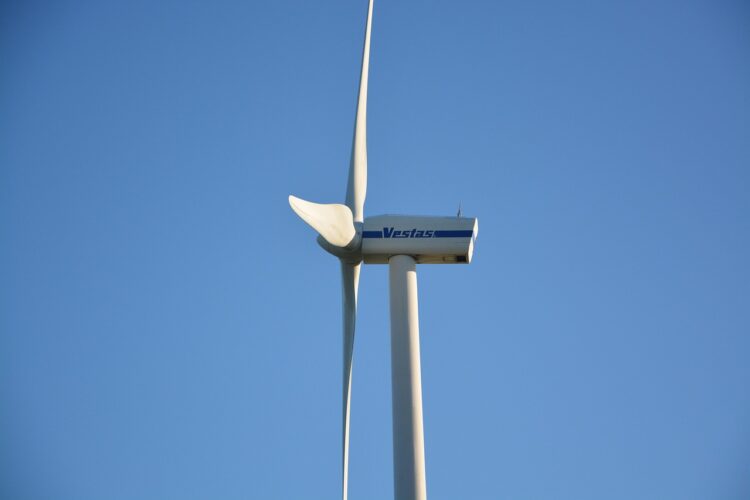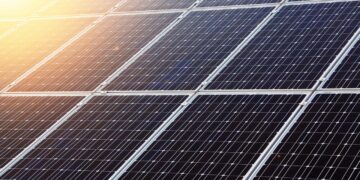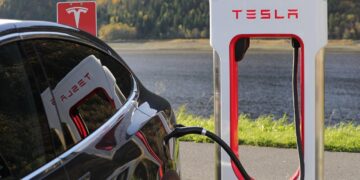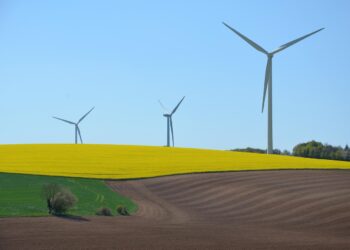Wind Power Wonders: Harnessing the Breeze for a Sustainable Future
Wind power stands as one of the most sustainable and clean energy sources available today. By harnessing the natural power of the wind, we can generate electricity without the harmful emissions or environmental degradation associated with fossil fuels. In this detailed exploration of wind power, we will delve into how wind turbines work, the benefits they offer, their impact on the environment and local communities, and the future of wind energy technology.
What is Wind Power and How Does It Work?
Wind power is the process of converting the kinetic energy from wind into electrical power using wind turbines. A wind turbine consists of three primary components: the rotor (which includes blades or sails), the generator, and the tower that supports them. As wind passes over the blades, it causes them to lift and rotate. This rotation turns a shaft connected to a generator, thus producing electricity.
The Mechanics of Wind Turbines
Wind turbines come in various sizes and designs, tailored to different environments and usage needs. The two main types of wind turbines are horizontal-axis turbines and vertical-axis turbines. Horizontal-axis turbines, the most common type, typically have two or three blades and face into the wind. Vertical-axis turbines, on the other hand, operate independently of wind direction and are better suited for areas where wind patterns are more variable.
The Advantages of Wind Energy
Sustainable and Renewable
Wind energy is both sustainable and renewable because it relies on wind, a natural and inexhaustible resource. Unlike fossil fuels, which can deplete over time and cause significant environmental damage, wind power offers a clean alternative that helps reduce global carbon footprints.
Cost-Effectiveness
After the initial investment in wind turbine installation, the cost of maintaining and operating these systems is relatively low compared to conventional power plants. Advances in technology have also continued to reduce the cost of wind power, making it one of the most competitive renewable energy sources on the market.
Energy Independence and Security
Utilizing wind power can help regions reduce their dependence on imported fuels, enhancing energy security and stability. It allows communities and countries to produce their own energy locally, which can be crucial in times of geopolitical unrest or market fluctuations.
Environmental Impact and Community Benefits
Reducing Carbon Emissions
Wind turbines produce electricity without burning fossil fuels, which means they don’t emit greenhouse gases or air pollutants. This significant reduction in emissions contributes to cleaner air and combats climate change.
Supporting Biodiversity
Properly planned and located wind farms have minimal impacts on wildlife and can coexist with agricultural and other land uses. Many wind power projects also include initiatives to protect and support local biodiversity, such as creating green corridors or preserving native vegetation.
Boosting Local Economies
Wind power projects can create jobs in manufacturing, installation, maintenance, and support services. They also often contribute to local economies through tax revenues, land lease payments, and increased demand for local services.
Overcoming Challenges
Despite its numerous benefits, wind power does face some challenges. These include the variability of wind, community concerns about noise and aesthetic changes, and the need for significant initial investment. Additionally, the integration of wind power into existing power grids requires advanced planning and infrastructure development.
Technological Solutions and Grid Integration
Innovative solutions such as improved energy storage technologies and smart grids are helping address the intermittency of wind power. These advancements make it easier to manage energy loads and stabilize supply, facilitating smoother integration into the power grid.
The Future of Wind Power
The future of wind power looks promising with ongoing technological advancements and increased global commitment to renewable energy. Emerging technologies, such as floating wind turbines and more efficient blade designs, are set to further enhance the efficiency and applicability of wind power.
Global Trends and Governmental Support
Countries around the world are increasing their investment in wind energy as part of their strategies to meet international energy and climate goals. Government policies and supportive regulatory frameworks are crucial in encouraging investment in renewable energy technologies, including wind power.
Public Engagement and Education
Educating the public about the benefits of wind power and addressing common concerns proactively are vital for gaining community support. Public engagement activities and transparent planning processes can help make wind power projects more acceptable and successful.
Conclusion
Wind power is a cornerstone of the shift towards sustainable energy. It offers a plethora of environmental, economic, and social benefits, and with continued technological innovation and supportive policies, it has the potential to significantly shape our energy future. As we continue to explore and invest in wind power, we contribute to a cleaner, more sustainable, and resilient energy landscape.









